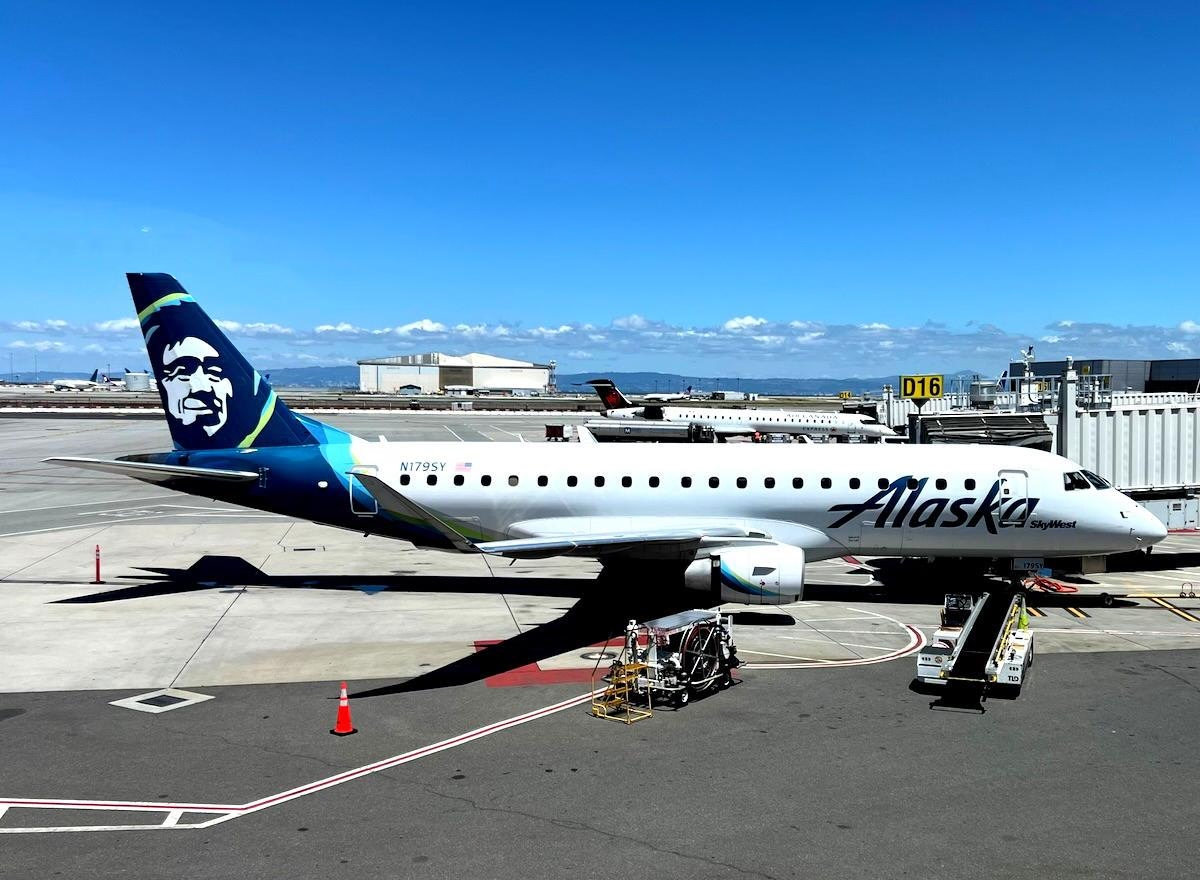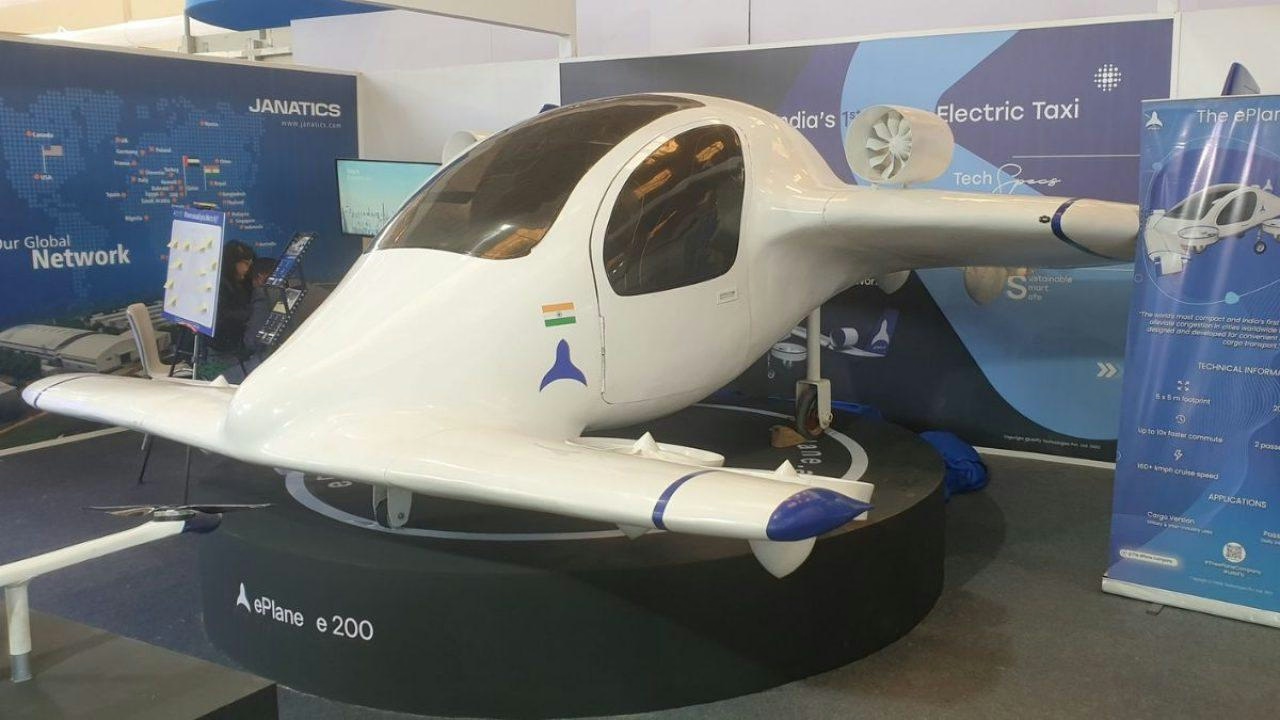AeroGenie — Ваш интеллектуальный второй пилот.
В тренде
Categories
Alaska Airlines Reduces Summer Schedule Amid Embraer Delivery Delays

Alaska Airlines Reduces Summer Schedule Amid Embraer Delivery Delays
Impact of Tariffs on Fleet Expansion
Alaska Airlines has announced a reduction in its summer flight schedule following the postponement of two Embraer 175 jet deliveries. The delay, affecting its regional subsidiary Horizon Air, stems from a 10% tariff imposed on certain imported aircraft, complicating the airline’s efforts to expand its fleet cost-effectively. Originally slated for delivery from Brazil last month, the jets remain grounded as Alaska Airlines, along with other U.S. carriers, has chosen to defer acceptance of new aircraft to avoid incurring additional tariff-related expenses. The airline emphasized its commitment to controlling costs, stating that it will not absorb the extra charges imposed throughout its supply chain.
Operational Adjustments and Passenger Impact
As a consequence of the delayed deliveries, Horizon Air has canceled up to 14 daily flights through the end of July. These cancellations primarily affect high-frequency routes where alternative travel options are more accessible, allowing the airline to minimize disruption. Alaska Airlines has underscored its dedication to maintaining service on routes serving communities with limited flight options and is actively working to accommodate passengers affected by the schedule changes.
Broader Industry Challenges and Strategic Responses
The delivery delays coincide with a period of economic uncertainty and ongoing supply chain disruptions within the airline industry. Alaska Airlines has refrained from issuing full-year financial guidance due to the unpredictable market environment. The supply chain crisis has also compelled airlines to retain older, less fuel-efficient aircraft longer than planned, posing challenges to sustainability objectives. Across the sector, carriers are pursuing legal remedies to address the ramifications of tariffs and delivery setbacks. Competitors are reallocating capacity, prioritizing markets with stronger incentives, and adjusting schedules to better align with fluctuating demand. These strategies reflect widespread concern over the long-term impact of trade policies and supply chain instability on the industry’s growth and operational efficiency.
Alaska Airlines remains optimistic that the current disruption is temporary and is actively seeking solutions to facilitate the delivery of the delayed Embraer jets. Meanwhile, the airline is focusing on customer service and operational performance to reduce inconvenience for travelers. With 45 Embraer 175 aircraft currently in Horizon Air’s fleet and two additional jets on order, Alaska’s experience highlights the broader challenges faced by U.S. carriers dependent on non-domestic aircraft manufacturers. The resolution of tariff disputes and supply chain bottlenecks will be essential for restoring growth and advancing sustainability initiatives across the industry.

Archer Aviation Partners with NVIDIA to Advance Aviation AI Technology

Chennai Startup to Develop India’s First Electric Air Taxi

Factors Positioning Airbus for Leadership in 2026

Emirates Unveils Cabin Design for New Boeing 777X

Eighteen Years On, the Airbus A380 Remains Central to a $34 Billion Airline

How a boom in luxury airline seats is slowing down jet deliveries

Navitaire Outage Attributed to Planned Maintenance

AI, VR, and Data Transform Pilot Training by 2026

Airbus Plans Record Delivery of 870 Aircraft in 2026

DigiYatra Debuts Outside Aviation at India AI Impact Summit
